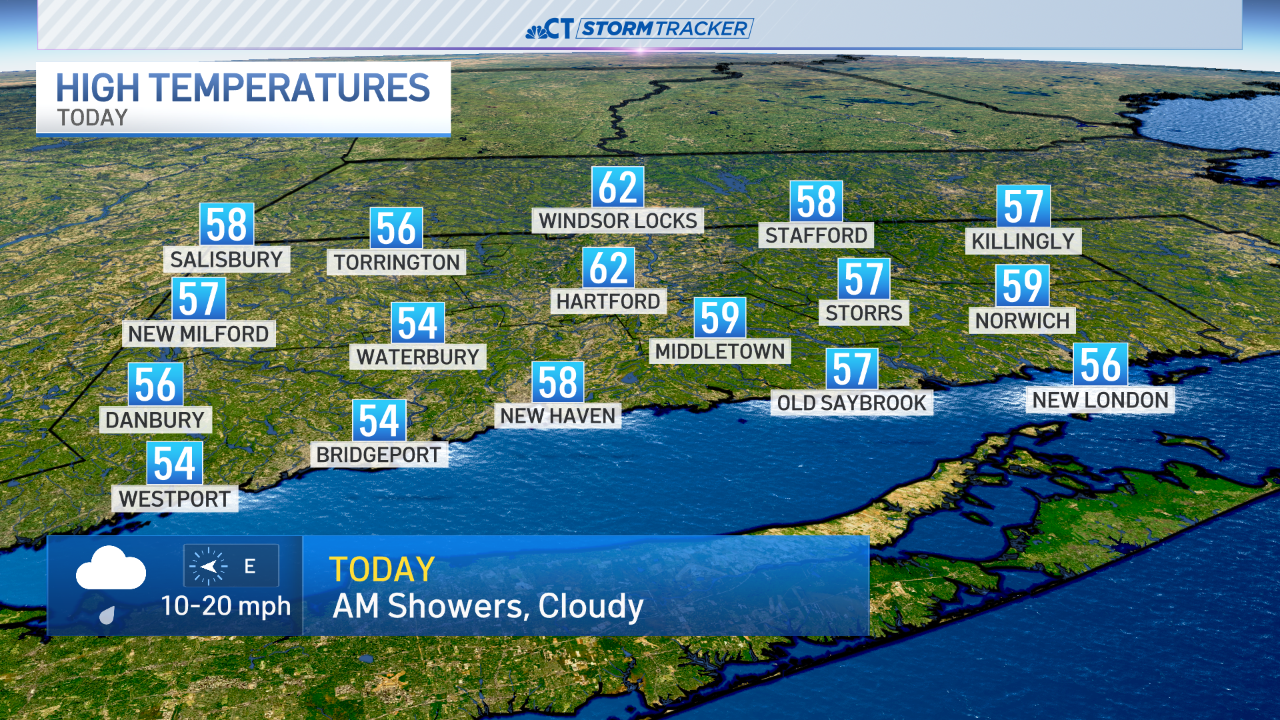Do you have fall allergies? If so, you've probably noticed your symptoms really flaring up the past few weeks. While the fall foliage and cooler weather in Connecticut is beautiful this time of the year, as those pretty leaves fall, allergy symptoms spike.
"As much as we like the fall weather you know and the pumpkins and the hay that's the kind of stuff, all the hay rides and all that is what really aggravates our symptoms,”said Lisa Primus of West Hartford.
Primus and her family have been feeling the impact of fall allergies.
"There's a lot of congestion, sneezing, a lot of itching,” said Primus. "So we just try and stay vigilant about showering and getting pollen off of us."
And they’re not alone.
“It’s bad for lot of people,” explainws Pam Angelillo, an allergy nurse at UConn Health. “Ragweed is a high one right now, the grasses are still producing some pollen then you have mold from the falling leaves and the outside mold allergies. Also people are turning on the heat indoors now you have dust from the heating systems that are coming through.”
With COVID-19 top of mind for so many, it’s important to differentiate your symptoms.
“My main thing I tell people is to know your body,” said Angelillo. “If your symptoms are progressively getting worse for a couple of days, you develop a fever, increased shortness of breath, those are the times that you need to be concerned.”
A few ways to help mitigate fall allergy symptoms include using a dehumidifier to help with dust and mold. Change your air conditioner and furnace air filters, and shower after outdoor activity. You can also take medication as prescribed by your doctor.
Another tip to alleviate symptoms, and you’re probably already doing it…wear a mask! Lisa Primus started covering her face long before the pandemic started.
"I used to wear even like a bandana around my face or something if I was doing yard work. So there's definitely relief in having that mask on without a doubt."


